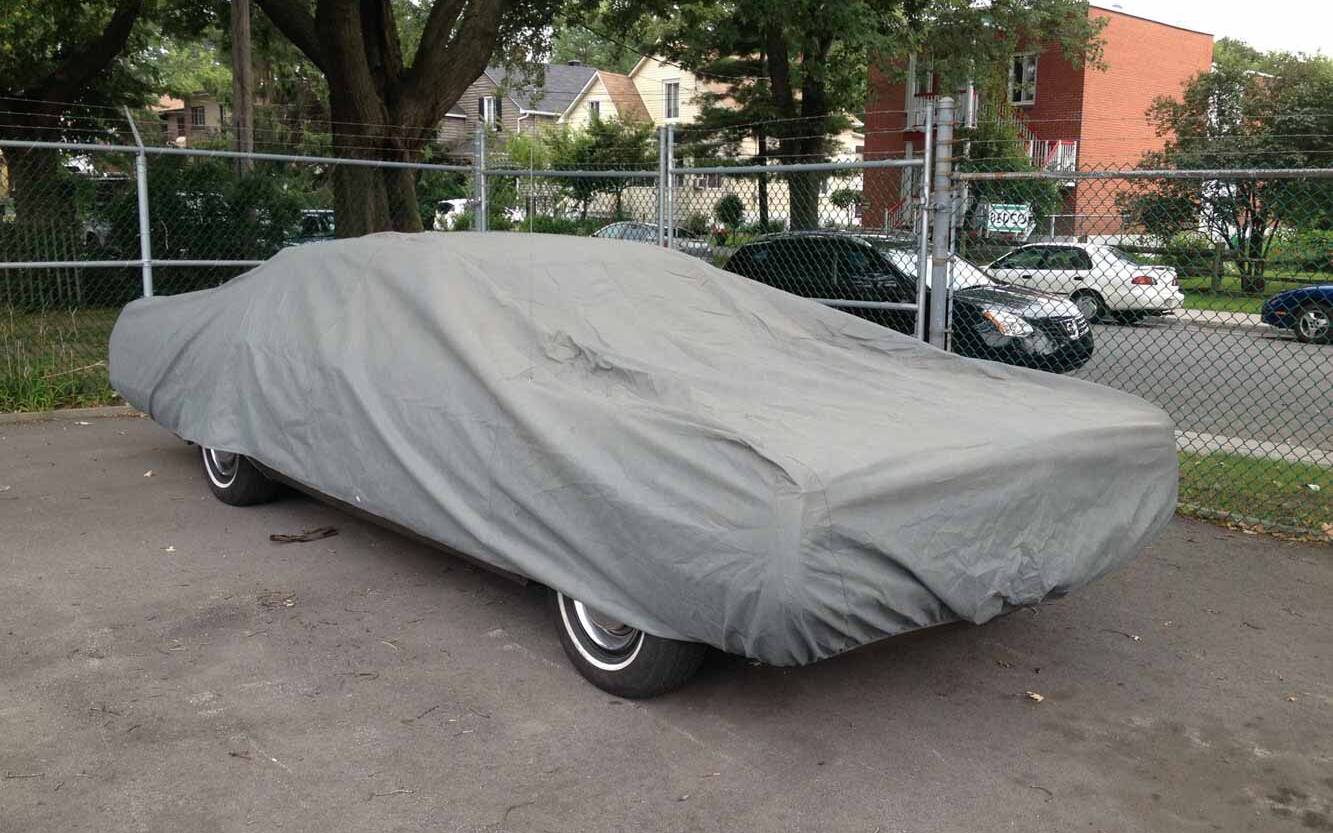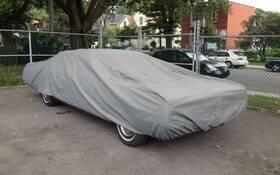Not Driving Your Car Much? Here Are a Few Precautions You Should Take
The pandemic and remote work have changed many people’s driving habits. If that’s your case and you think things will remain that way for a while, you probably enjoy not spending so much time in traffic and money on gas, but have you thought about your car’s health?
Wear is one thing, but the lack of use is another. A vehicle that’s not driven regularly is likely to develop certain problems: discharged battery, seized brakes, flat tires, leaks, poorly lubricated parts, etc. All these elements can impair its proper functioning, and your safety on the road.
Assuming you want to keep your car instead of selling it, and don’t want to store it for an extended period, here’s some useful advice:
1. Drive It at Least Once a Week
It’s the bare minimum, according to mechanics and experts. You should drive your vehicle for at least twenty minutes once a week. This will allow the engine to warm up, the parts to be lubricated, the tires to keep their round shape, the rust on the brakes to be cleaned and the battery. to recharge. The latter is even more important in winter because low temperatures make the battery work harder.
2. Check the Tire Pressure and Fluid Levels Regularly
If you drive less, that doesn’t mean your tires will not leak air. Underinflated tires will affect road handling and safety, so get in the habit of checking their pressure and adjust it as needed. Do the same with fluids like the engine coolant, windshield washer and motor oil. The manufacturer-recommended oil change intervals are not only about mileage but also about time, because some lubricants lose their properties over time. And while you’re at it, why not check the belts and hoses in the engine bay to see if they are cracked or worn?
3. Use a Smart Battery Charger
The 12-volt battery in your car is designed to be kept full. If you let it lose its charge, its lifespan and efficiency will decrease. If you don’t drive often enough to allow it to recharge, consider getting a maintenance charger. It should be a “smart” model that turns off once the battery is fully charged, which will prevent overcharging and fire hazards.
4. Beware of Insects and Rodents
This is important whether you live in the city or not, and whether your car sleeps in a garage or under the stars. Insects and other pests can be found everywhere, and a vehicle that remains idle for a long time can be quite inviting for them. You might have seen some pictures of large squirrel nests made under a car’s hood … As far as we know, no engine is designed to run on hazelnut oil!











